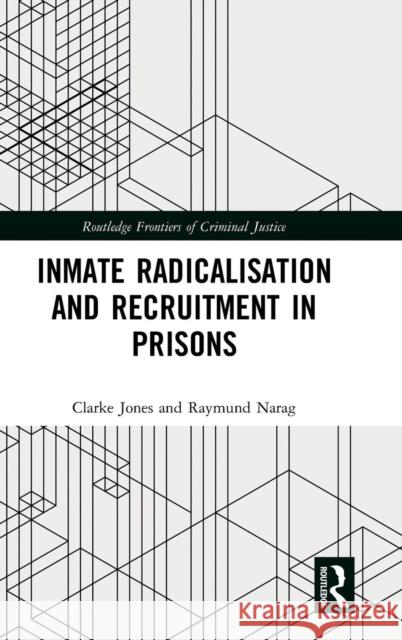Inmate Radicalisation and Recruitment in Prisons » książka
Inmate Radicalisation and Recruitment in Prisons
ISBN-13: 9781138858961 / Angielski / Twarda / 2018 / 194 str.
Inmate Radicalisation and Recruitment in Prisons
ISBN-13: 9781138858961 / Angielski / Twarda / 2018 / 194 str.
(netto: 676,35 VAT: 5%)
Najniższa cena z 30 dni: 680,04
ok. 22 dni roboczych.
Darmowa dostawa!
There is a traditional view that prisons are being filled with vulnerable inmates who form captive audiences for violent terrorist offenders who, in turn, are destined to turn prisons into training grounds for militant activities, all the while forming alliances with more hardened criminals to produce an even greater threat. Typically, there is limited empirical grounding underpinning these assertions.
This book challenges existing perceptions about prison radicalisation. While not downplaying the seriousness of the prison radicalisation threat, it seeks a more balanced interpretation to the current discussion on the subject. Drawing on original research in the Philippines and case studies from Australia, the US, the UK, Indonesia and Pakistan, Clarke Jones posits an alternative view that suggests that the imprisonment of a terrorist may mark the beginning of physical disengagement and psychological de-radicalisation. Because not all prisons are the same, and because each country has its own unique cultural, religious and political characteristics, Jones concludes that the radicalisation of mainstream prisoners towards violent extremism is not always inevitable in certain prison environments.











